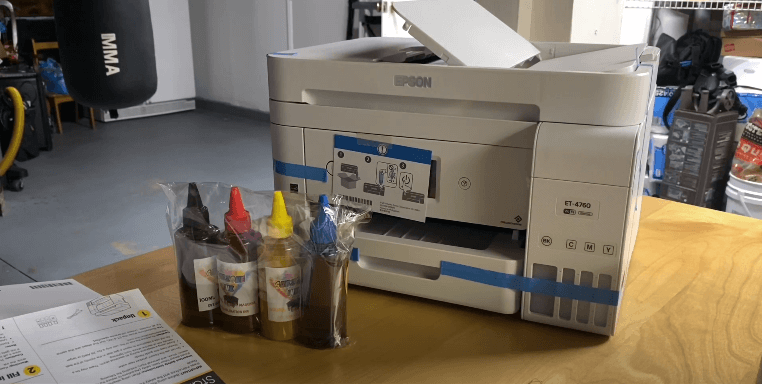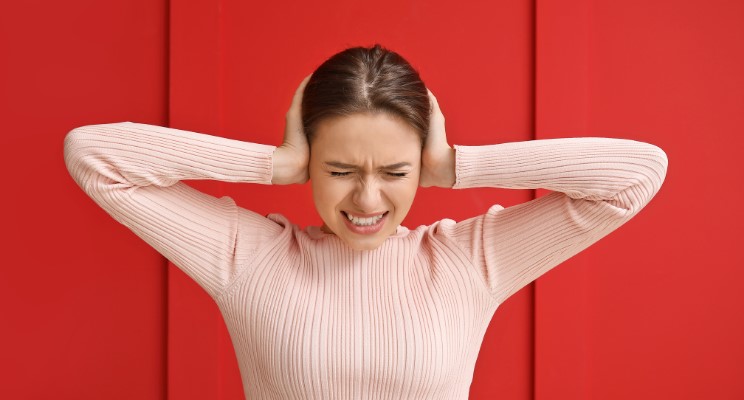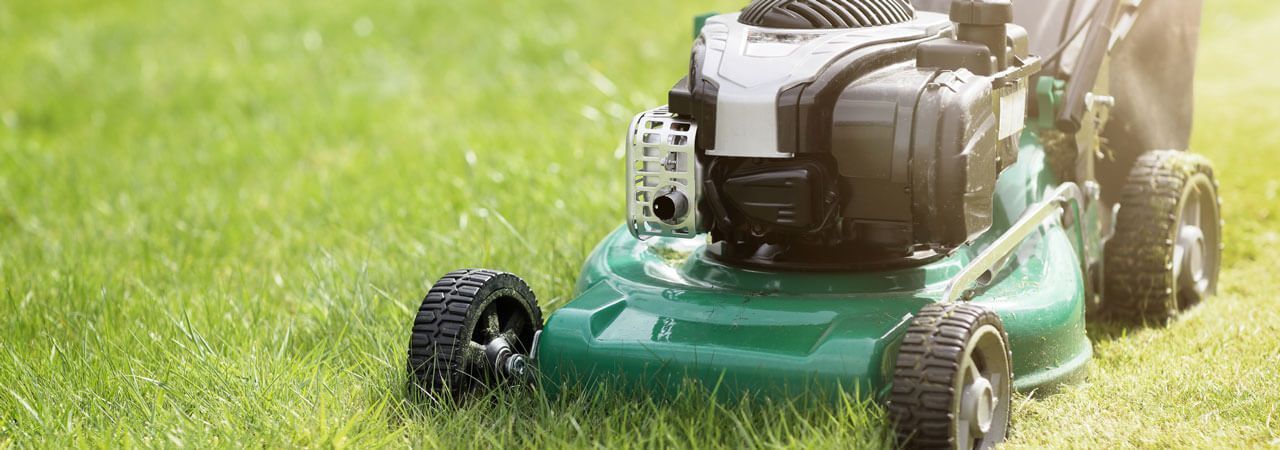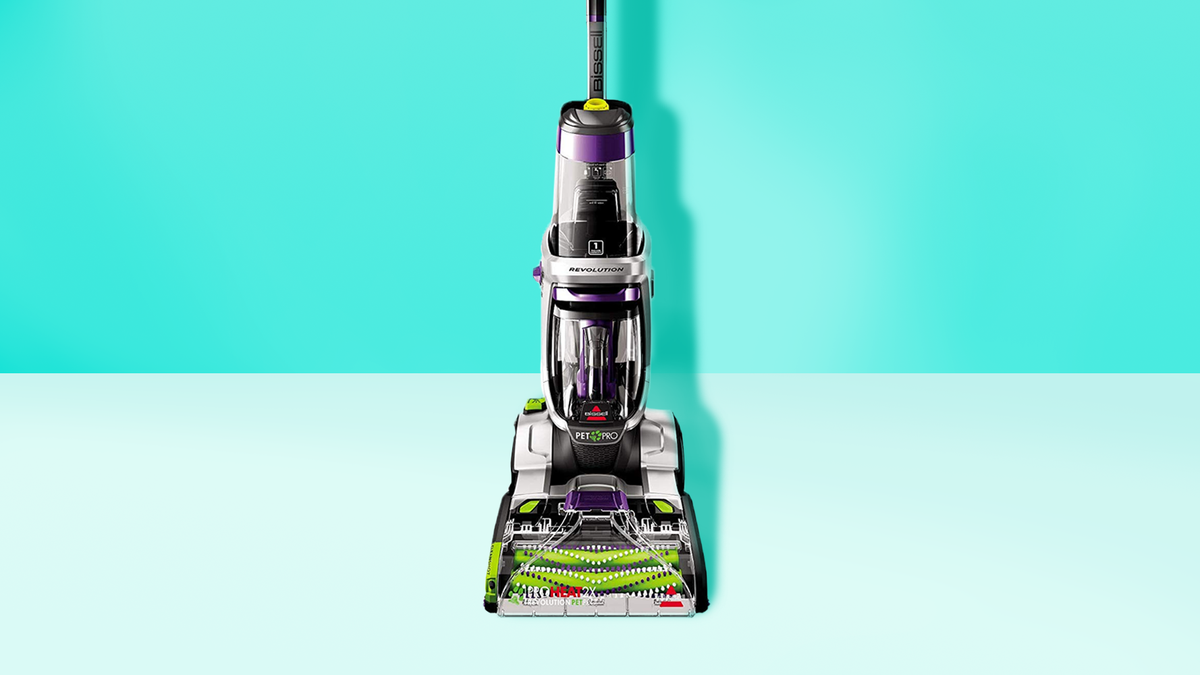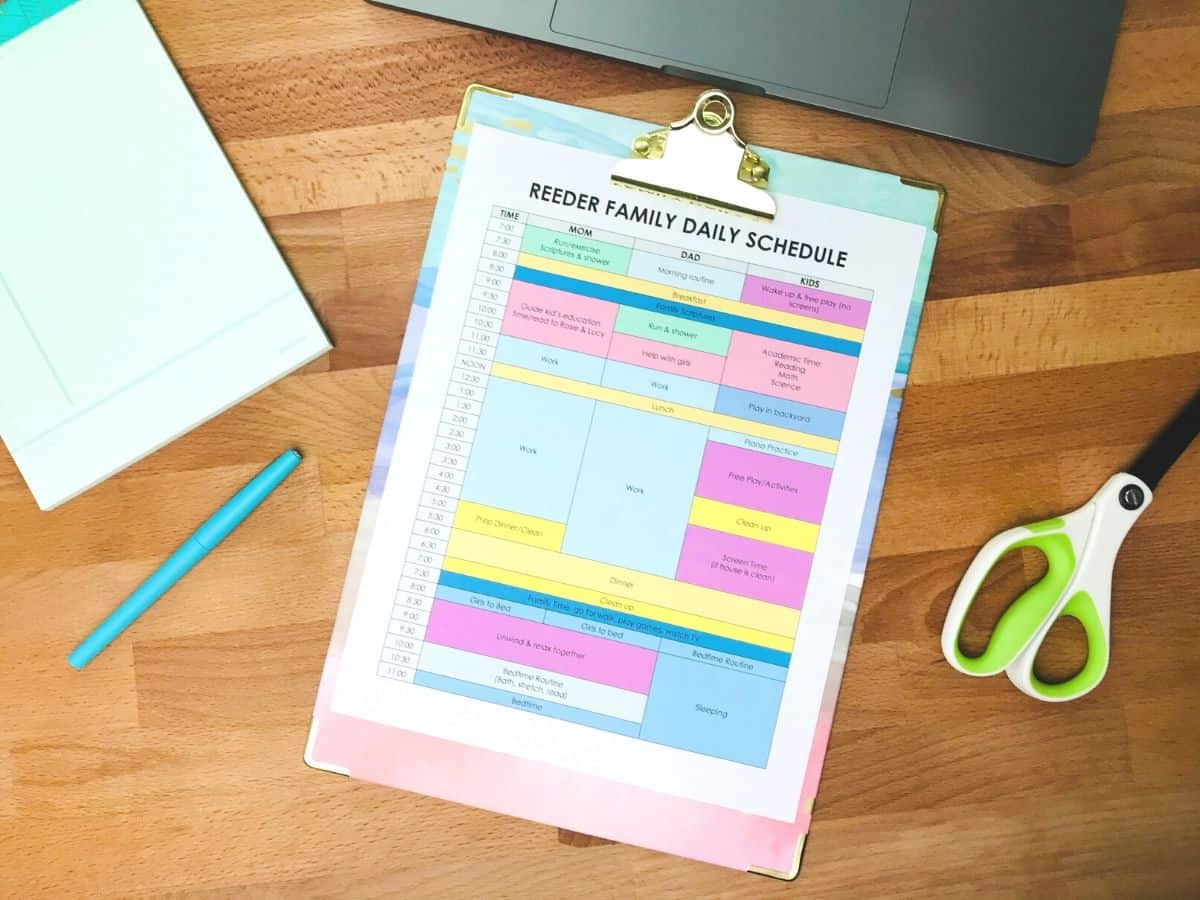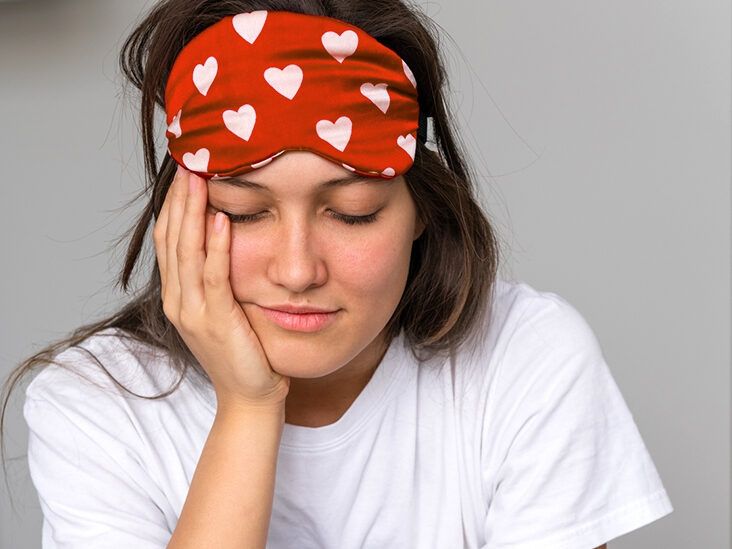
Sleep is an essential aspect of maintaining a healthy and productive lifestyle. The quality of sleep can be affected by various factors, and one emerging solution is the use of sleeping masks. These masks are designed to block out light and promote better sleep, but the question remains: are sleeping masks truly effective in enhancing sleep quality and duration
Understanding the Purpose of Sleeping Masks
Sleeping masks, also known as eye masks or blindfolds, are typically made of soft, lightweight materials that cover the eyes to block light. The primary purpose is to create a dark environment, mimicking nighttime even during daylight or in well-lit settings. This darkness can encourage the body to produce melatonin, the hormone that regulates sleep-wake cycles.Advantages of Sleeping Masks
1. Improved Sleep Quality:
The darkness provided by a sleeping mask can enhance the overall quality of sleep by aiding in faster onset and maintaining a deeper level of sleep. This is especially beneficial for individuals who struggle to fall asleep in well-lit environments.2. Enhanced Relaxation:
The act of covering the eyes with a soft, comfortable mask can induce a sense of relaxation and tranquility, preparing the mind for sleep. It also helps in reducing eye strain and promoting a soothing bedtime routine.3. Better Travel Sleep:
For frequent travelers, sleeping masks can be invaluable in aiding sleep during flights, train journeys, or in unfamiliar sleeping environments. They help mitigate the effects of changing time zones and erratic lighting conditions.4. Relief from Insomnia:
Individuals with insomnia or other sleep disorders may find sleeping masks beneficial in creating a sleep-conducive environment, helping them fall asleep faster and stay asleep longer.Limitations of Sleeping Masks
1. Comfort and Fit:
Not all sleeping masks are created equal. Finding a comfortable mask that fits well and doesn't cause discomfort during the night can be a challenge. An ill-fitting mask may negate the intended benefits.2. Effectiveness Varies:
The effectiveness of a sleeping mask can vary from person to person. Factors such as personal preferences, sleeping habits, and sensitivity to light all play a role in determining how beneficial a mask will be.3. Dependence and Habituation:
Overreliance on a sleeping mask may lead to a dependency on it for sleep initiation, making it difficult to fall asleep without it in certain conditions.4. Noise and Other Disruptions:
Sleeping masks primarily address the issue of light, but they do not block out noise or other potential sleep disruptions that can affect overall sleep quality.Conclusion: Finding the Right Balance
Sleeping masks can be a helpful tool in improving sleep quality and promoting relaxation, especially in challenging environments. They are particularly useful for travelers and those with specific sleep-related concerns. However, it's essential to find the right balance and not become overly dependent on them.Understanding individual preferences and experimenting with different types of masks can help determine whether a sleeping mask is truly effective for a particular individual. It's important to consider other factors like room ambiance, bedding, and overall sleep hygiene in conjunction with using a sleeping mask to achieve the best possible sleep outcomes. Ultimately, the effectiveness of a sleeping mask will vary from person to person, and finding what works best for each individual is key to reaping the benefits they offer.

